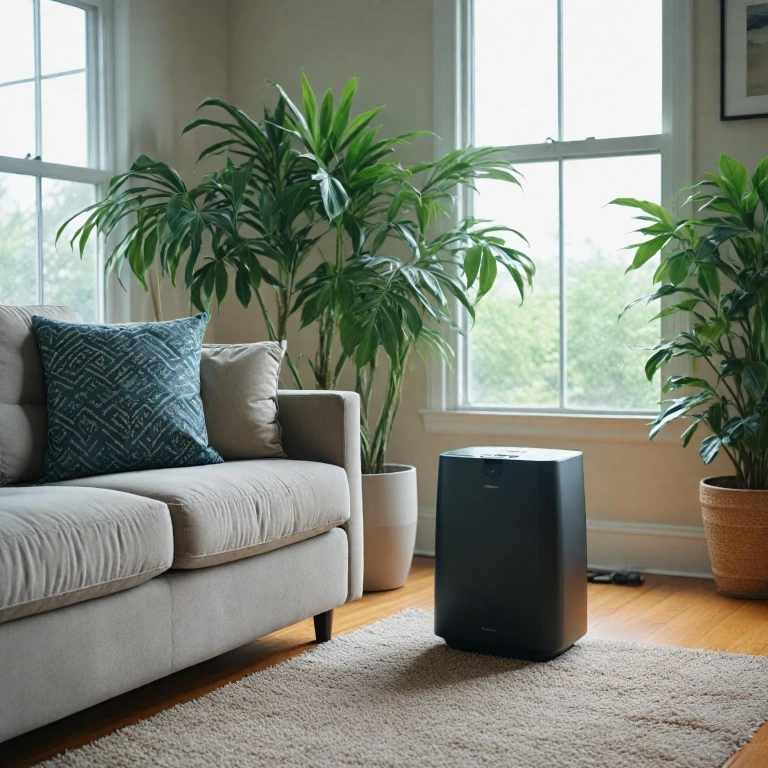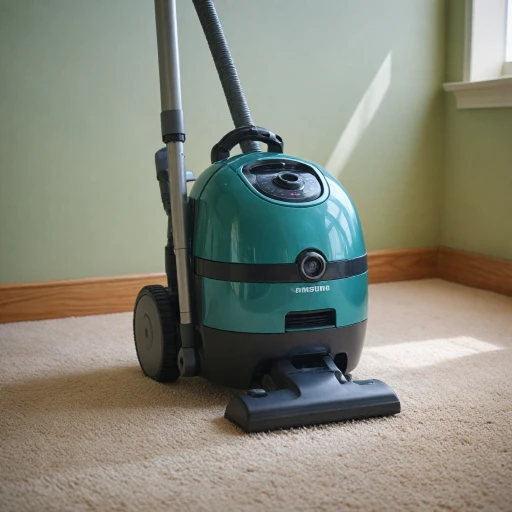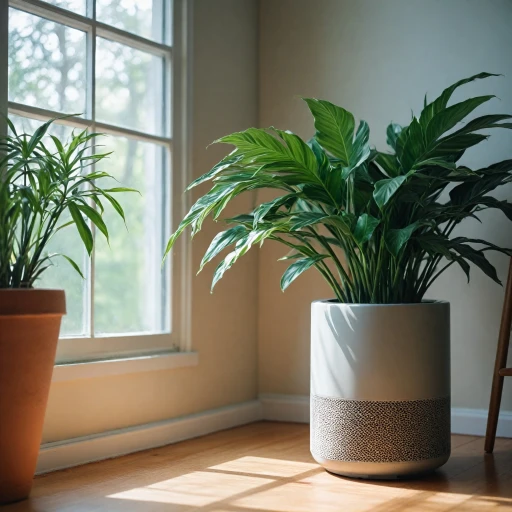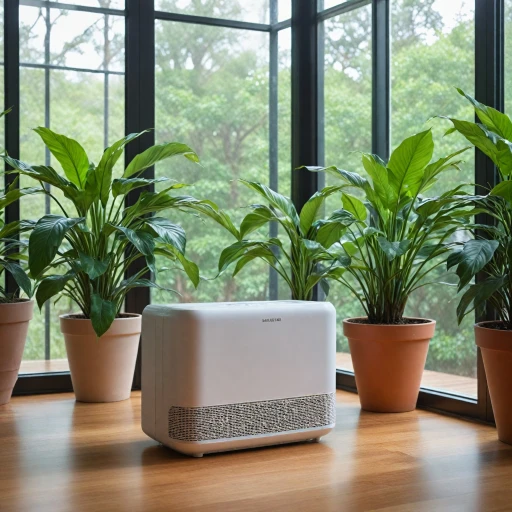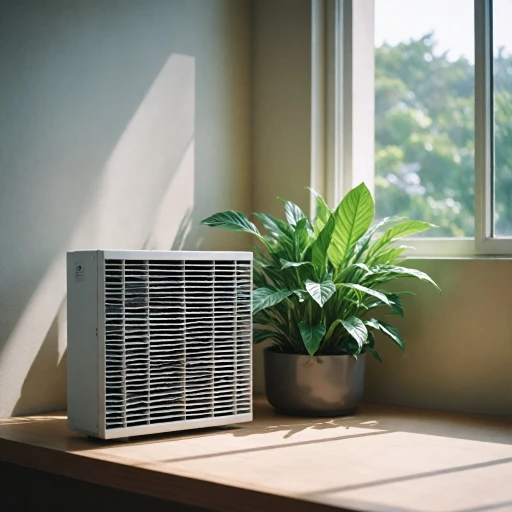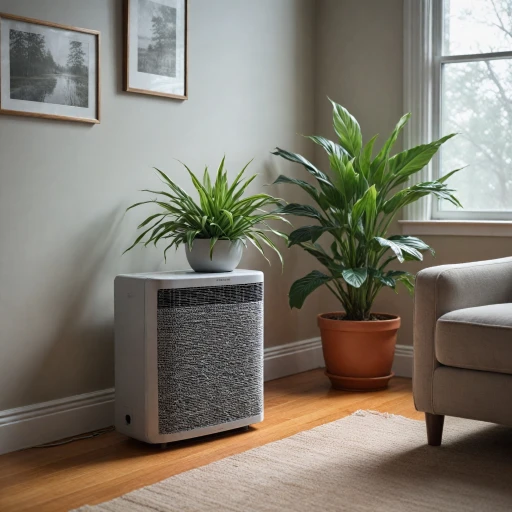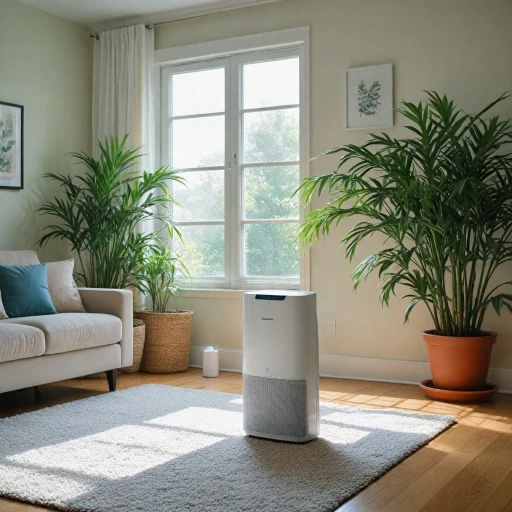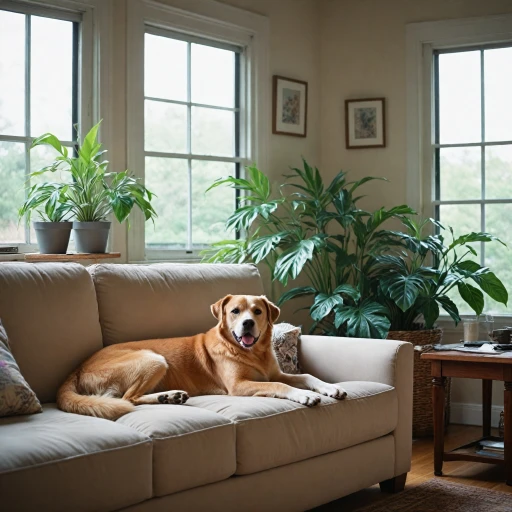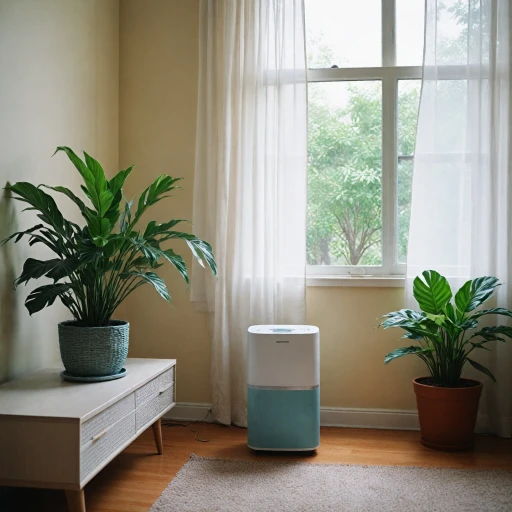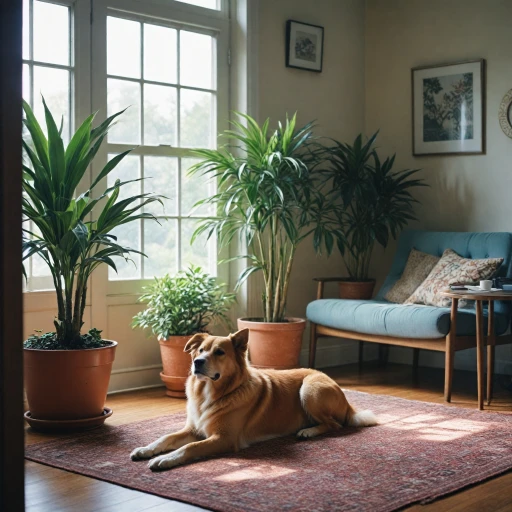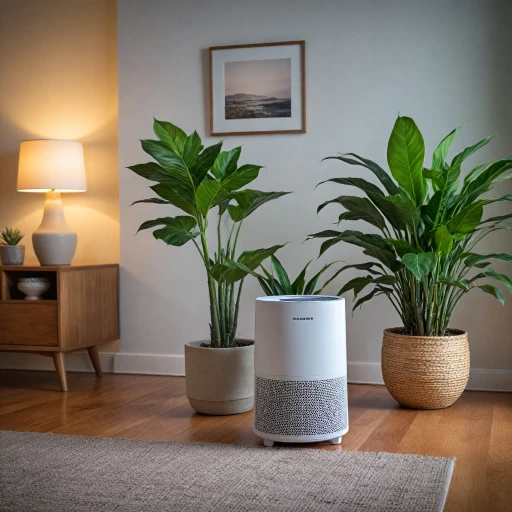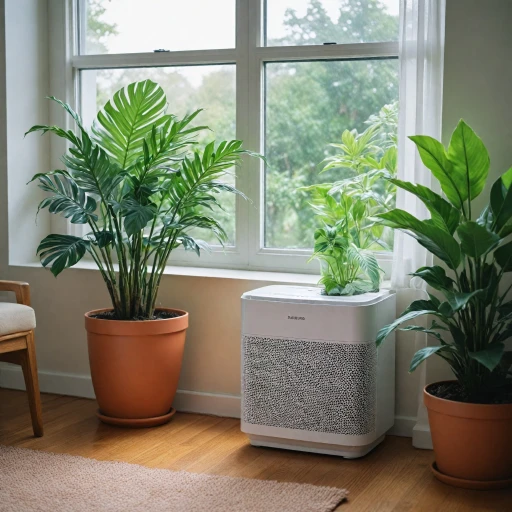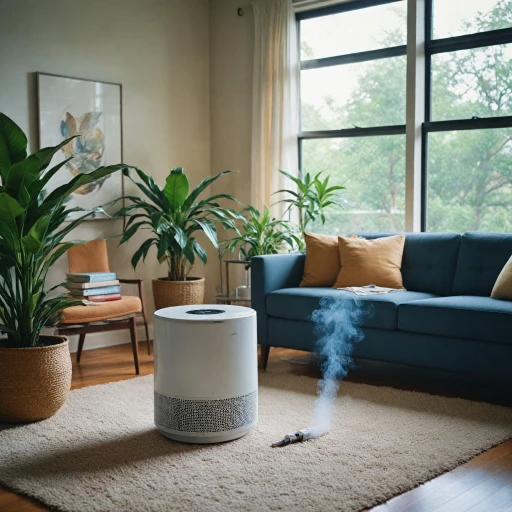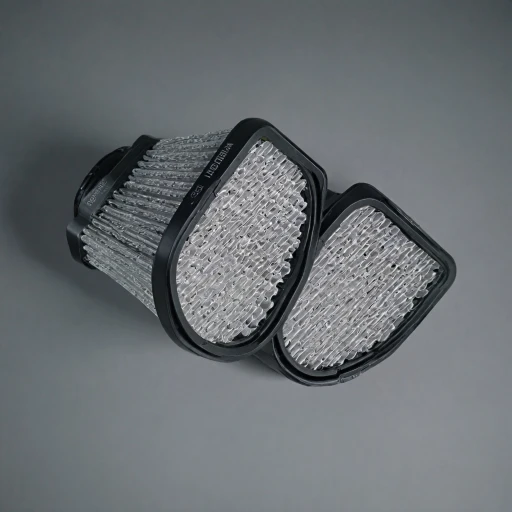
Understanding Air Cleaners
Demystifying Air Purifiers
To many, air purifiers might seem like technological marvels, but their function is delightfully straightforward. In essence, these devices are designed to enhance air quality by filtering out unwanted particles and pollutants that often linger in indoor air. Air purifiers, especially those equipped with HEPA filters, capture a high percentage of microscopic elements such as dust, pollen, smoke particles, and even pet dander. This can be beneficial for individuals who suffer from allergies or respiratory issues. What makes a device like the Coway Airmega or the Airmega Mighty stand out is their ability to maintain a consistent level of clean air across a room. These purifiers effectively remove contaminants even when indoor air quality feels compromised. This is particularly crucial in urban areas, where pollution levels tend to be higher. For those interested in the technicalities, HEPA filters are the champions here. They are incredibly efficient at trapping particles down to 0.3 microns. Such precision ensures that even the finest particles don't re-circulate back into your room. This technology can play a pivotal role in managing long-term air quality, offering relief from dry skin and other irritants. If your concerns extend to eliminating specific pollutants like mold or unpleasant pet odors, selecting the right purifying unit is essential. Consider consulting expert sources that specialize in combating mold with an appropriate air purifier choice. Air purifiers, however, should not be confused with humidifiers. While purifiers focus on removing impurities and delivering clean air, humidifiers adjust humidity levels, adding moisture to a dry environment. In subsequent sections, we'll dive into the specific roles each device plays in supporting a healthier home.Understanding Humidifiers
Understanding the Role of Humidifiers
Humidifiers play a crucial role in improving air quality by adding moisture to the environment, which can be beneficial in various situations. Purifiers and humidifiers serve different purposes; humidifiers specifically target dry air and its effects.- Moisture Levels: Humidifiers are designed to maintain optimal humidity levels, which are essential for avoiding conditions like dry skin and irritated nasal passages.
- Combatting Dry Air: When indoor air becomes excessively dry, especially in the colder months, a humidifier can help by introducing much-needed moisture. This increase in humidity can prevent issues associated with dry climates.
- Versatile Applications: Whether dealing with allergens or improving general comfort, a humidifier can aid in creating a less hostile environment by balancing humidity levels, which can alleviate symptoms related to dry skin and respiratory issues.
Types of Humidifiers
Different types of humidifiers cater to various requirements and room sizes, making it essential to choose one that suits your specific needs.- Evaporative Humidifiers: Known for being effective in large spaces, they employ a fan to evaporate water from a wick filter, circulating humid air throughout the room.
- Ultrasonic Humidifiers: These use ultrasonic vibrations to produce a cool mist, offering a quieter option for moisture air augmentation.
Choosing the Best Humidifier
Selecting the right humidifier involves considering factors like room size and your specific needs, whether in reducing air dryness or addressing medical conditions. Understanding each type's benefits can help you decide what setup would work best for your home environment. Consider visiting the comprehensive guide to choosing the right air purifier for smoke if additional insights into air quality management are needed.Key Differences Between Air Cleaners and Humidifiers
Comparing Functions and Uses
When trying to decide between an air purifier and a humidifier, it's essential to understand their primary functions and what they aim to address in your living environment.
Air Purifiers: Focused on Cleaning and Filtration
Air purifiers are essentially devices designed to filter and clean the air. Their primary goal is to remove particles like dust, smoke, pet dander, and even harmful microbes from your indoor air. Many purifiers, such as those featuring a HEPA filter, are particularly effective at trapping allergens and improving overall air quality. Options like the Coway Airmega or Airmega Mighty are popular choices for effectively reducing allergens. They are especially helpful for people with respiratory conditions or who live in areas with high pollution levels.
Humidifiers: Balancing Moisture Levels
Humidifiers, on the other hand, address the issue of dry air by adding moisture back into the environment, thereby improving humidity levels. They're particularly useful in maintaining skin moisture and preventing dry skin or respiratory issues that can be aggravated by low humidity. Ideal for use in dry climate areas or during winter months when indoor air can become excessively dry, a humidifier can significantly enhance your comfort levels.
Key Differences in Application
- Air Purifiers: Primarily aimed at improving air quality by removing impurities and particles.
- Humidifiers: Focus on adding moisture to the air, beneficial in dry conditions.
While both devices cater to improving your indoor environment, their functions and benefits cater to different needs. Depending on whether your primary concern is clean air or balanced humidity, you'll make your decision accordingly. For more information on choosing the right air purifiers for specific issues, such as dealing with mold or smoke, consider exploring specialized options tailored to those needs.
When to Use an Air Cleaner
When an Air Cleaner Becomes Essential
In today's world, maintaining optimal air quality is crucial for our health and well-being. Whether you're dealing with allergies, asthma, or other respiratory issues, an air cleaner can be your best ally in battling indoor air pollutants. Here's when you should consider using an air purifier:- Presence of Allergens: If your indoor space struggles with allergens like pet dander or pollen, an air cleaner equipped with true HEPA filters can effectively trap these microscopic particles, ensuring cleaner air and relief from allergy symptoms.
- Poor Air Quality: Those living in areas with poor outdoor air quality, perhaps due to smoke from nearby fires or high levels of pollution, will benefit greatly from a purifier. A quality air purifier captures harmful particles and provides cleaner indoor air, which can significantly enhance your air quality and health.
- Smoke and Odors: For homes exposed to cigarette smoke or other persistent odors, an air cleaner can help eliminate odors and particles, leaving your indoor space smelling fresh and clean. This is particularly advantageous for maintaining long-term air quality.
- Sensitivity to Dust: Indoor spaces that accumulate a lot of dust benefit from HEPA filter-based machines, as these filters successfully capture dust particles and help maintain a healthy environment for sensitive individuals.
When to Use a Humidifier
Enhancing Your Environment with a Humidifier
Humidifiers can be a game-changer, especially if you're dealing with dry air in your living space. By adding moisture back into the air, humidifiers help in maintaining optimal humidity levels, which can significantly improve your indoor air quality.
When indoor air gets dry, it can lead to dry skin, discomfort, and other health issues. By maintaining the right level of humidity, a humidifier can offer relief and improve your breathing environment. It's particularly beneficial during colder months or in regions where natural humidity is low.
Using a humidifier is also advantageous if you're dealing with dry air from heating systems. The moisture it provides not only aids in comfort but can also help in preserving wooden furniture and preventing the warp or crack caused by dryness.
But when is it truly the best time to bring a humidifier into your home?
- Cold Winter Months: When heating systems run frequently, adding moisture can protect against dry skin and dryness-related discomfort.
- Air Conditioning Use: In summer when air conditioners can strip moisture from indoor air, restoring balance with a humidifier can enhance comfort.
- Health Concerns: If there's a need to alleviate symptoms like chapped lips, dry throats, or itchy skin, humidifiers can provide significant relief.
When considering purifiers humidifiers, think about the overall benefits to your home and health. If dry, unhealthy air is a primary concern, a humidifier might just be the perfect solution for nurturing cleaner, more comfortable indoor air.
Making the Right Choice for Your Home
Factors to Consider for Your Indoor Environment
When determining whether to choose an air purifier or a humidifier, several factors come into play. Understanding the specific needs of your indoor environment is crucial.- Air Quality Concerns: If you're concerned about maintaining clean air, especially if you live in a highly polluted area or have issues with allergens like pet dander and smoke particles, an air purifier equipped with HEPA filters can be extremely helpful.
- Humidity Levels: On the other hand, if your home suffers from dry air, which can lead to issues like dry skin and respiratory discomfort, a humidifier can help add moisture to the air, creating a more comfortable atmosphere.
- Room Conditions: Consider the specific room where you'll be placing either an air cleaner or a humidifier. For larger spaces, you might need a device with higher capabilities, like the Coway Airmega or the Airmega Mighty. Smaller spaces may benefit from something along the lines of an air mini.

